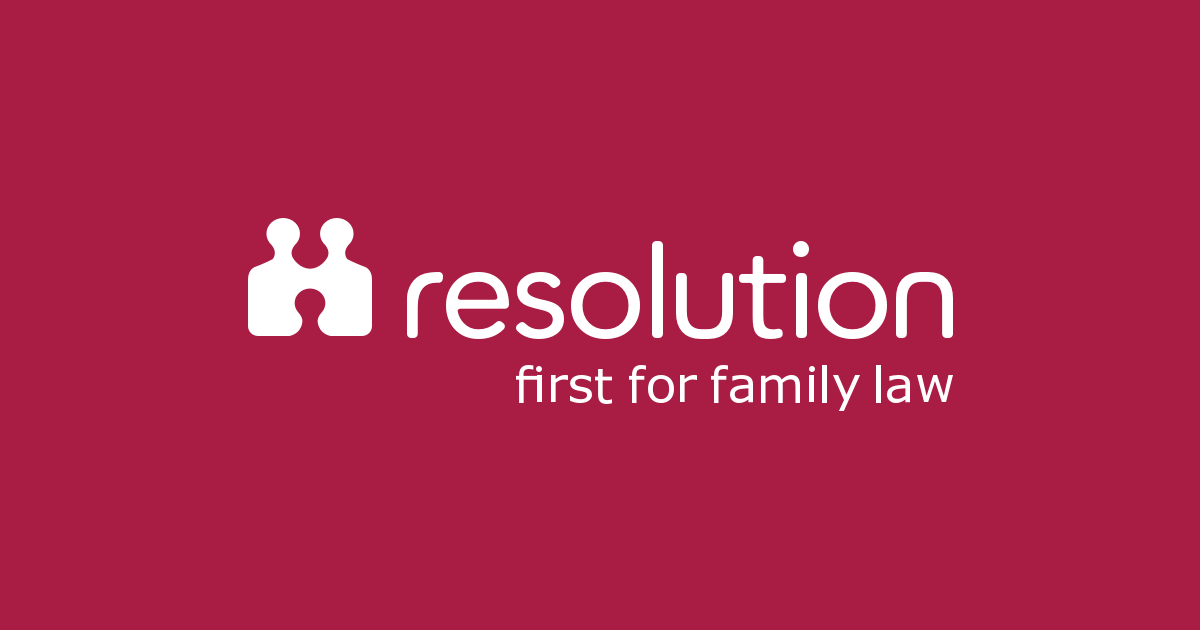Sexual harassment in the workplace, employers beware!
Its Christmas party time again, and whilst we all want to relax and celebrate the festive season and enjoy a works night out – employers need to on their guard and take reasonable steps to protect their employees from unwanted advances!
At the end of October 2024 an important change came into force giving employees greater protections against workplace sexual harassment. The timing of the change coinciding with the recently publicised scandal at Harrods and the widespread reports that the former owner, Mohamed Al-Fayed, had engaged in predatory actions where a toxic workplace culture enabled both sexual harassment and sexual offences to be perpetrated by the now disgraced former mogul.
The change is being made to Section 40 of the Equality Act 2010 which currently states, in effect, that an employer must not harass a person who is an employee or a person who has applied for employment. The legislation change inserts the new wording “An employer…must take reasonable steps to prevent sexual harassment of employees…in the course of their employment”. The change includes the new positive duty of taking ‘reasonable steps to prevent sexual harassment of employees’.
The change has perhaps inevitably left employers considering whether their current workplace policies are compatible with the upcoming changes. In the event an employment tribunal finds that there was sexual harassment and that the employer failed to take ‘reasonable steps’, if proved, will attract greater fining powers for the employment tribunal.
What amounts to reasonable steps?
From the legal guidance on the recent changes it is clear that a proactive approach is now required which is both preventative (to stop the sexual harassment occurring) and anticipatory (if sexual harassment occurs in the future the employer’s response). The size of the employer, the employer’s way of working and procedures (for example the grievance reporting procedure) will be considered when determining compliance. Employers may wish to consider:
- The training of staff in sexual harassment
- Having an anti-sexual harassment policy and to let employees know where the policy is and confirm that they have read the policy (including new starters).
- A reporting policy where employees are reassured that their complaint will be taken seriously and investigated.
- A robust procedure for looking into complaints with appropriate sanctions for employees that are found to have engaged in sexual harassment in the workplace.
There are other avenues to compliance that employers may wish to adopt and some employers appoint ‘workplace champions’ who undergo specific training to be the go-to person to assist with guidance and informal advice.
The changes should be welcomed by employees and employers alike to take steps to prevent toxic workplace cultures in the future. For further information contact Tom Lathom our Employment expert.





